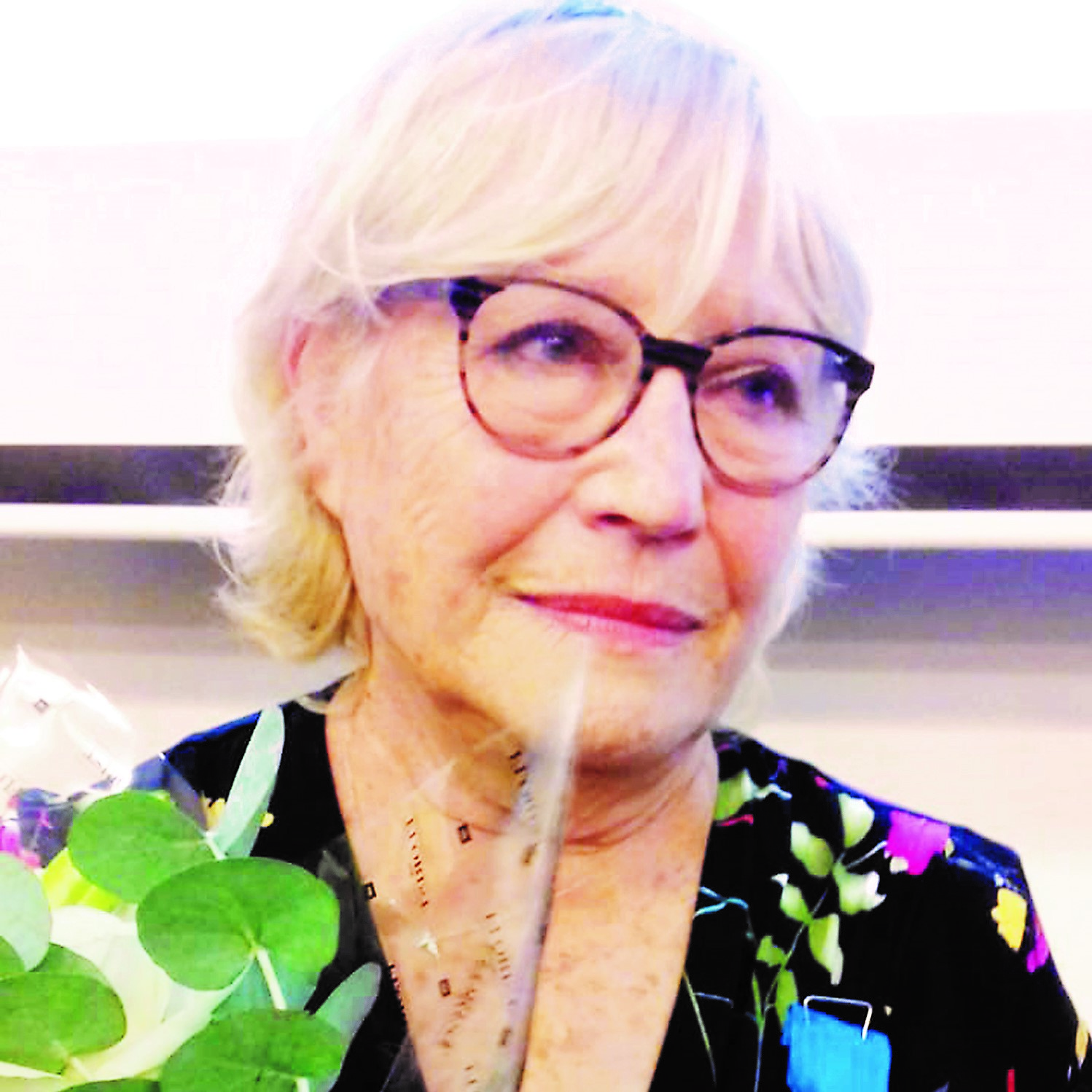
News

Blonde hair and blue eyes, a ticket to survival
MOIRA SCHNEIDER
She gave her testimony at the Cape Town Holocaust & Genocide Centre last Thursday.
Joffe recalled a childhood spent in Marseilles, living happily among other immigrants. When she was seven, the area of the old port where the family of seven stayed was closed off by the Nazis.
“I remember going out at night with my sister, hiding, going into cellars and finding people who were selling potatoes or whatever they could get on the black market.”
At midnight one night, there was a knock on the door and a French collaborator asked for her father’s papers which were stamped “Jew”. She recalls, “He took my father down. My sister stood at the window screaming because she saw my father being put into a police van. They shouted, ‘Go in or we will shoot you!’”
At six o’clock the next morning, loudspeakers announced that everyone should come outside, bringing only what they could carry. “I was carrying my little doll which was like my child, I was eight years old. We were all squashed tight, and people were pushing.
“Somebody pushed me, my doll fell to the ground, and somebody stepped on it and squashed its face. Believe it or not, that was a tragedy for me as a child.”
“We stood there until night time, with no food, very cold. Then they marched us to a goods train station. Women and men were separated, and we were pushed into cattle trucks. To this day, I can’t stand stations or trains.”
They were taken to a transit camp, Frejus, where they remained for two or three weeks. “There were no doors, and the wind was icy cold. We were sleeping on the floor on straw, my sister, me, my little brother, and my mother. My sister suffered all her life from chest problems from that place.”
A decision was taken to send the captives to Drancy – “the most terrible camp in France” – a detention camp for Jews who were later deported to extermination camps. Because the family were all blonde with blue eyes – the Germans in fact thought her “white blonde” baby brother was a child her sister had had with a German soldier – a German officer let them go.
“The rest of the Jews disappeared and never came back.”
Joffe’s father had, in fact, been sent to Drancy and then to the Sobibor extermination camp where he eventually perished.
An Italian family who knew they were Jews allowed the family to stay in a little hut it owned. “We were fearful as we walked at night, and we got to that little hut. There, my mother found some sort of petrol to clean our bodies.
“We were covered in lice. The petrol burned,” she remembered.
Joffe’s two older brothers had managed to jump out of the train, and had gone to join the French underground resistance.
Her brother’s fiancé’s aunt had a private castle in Marseilles, where the family was taken while the underground looked for another hiding place.
At their new abode, Joffe started school. “I am now eight and a little girl said to me, ‘You know I’m Jewish’ and I felt – oh my gosh – freedom, so I said, ‘I’m also Jewish.’
“That night, the underground came and said, ‘Leave immediately, you have been denounced.’
The resistance placed her brother and her with a Catholic family.
As a child of nine, Joffe had to break ice, do washing, and cut and carry heather trees, which harmed her vertebrae.
“Of course, I had to carry my brother everywhere. I had to comfort him. I was a little mother, and I had no right to be scared. If I was scared he would have been hysterical.
“I hid everything [including] my hunger to protect my brother. He complained of hunger all the time. I gave him whatever I could get.”
Then came liberation. “I can’t even remember the reunion with my mother. My brother didn’t know her,” she recalled.




